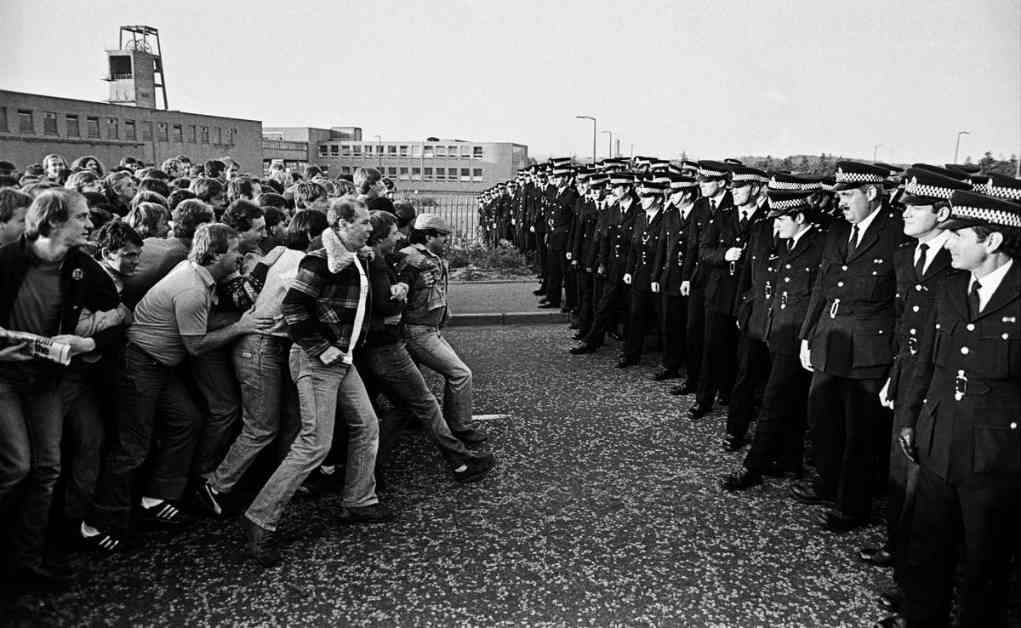The call for Chancellor Rachel Reeves to compensate miners involved in the strikes of the 1980s is gaining momentum, with trade union leaders putting pressure on the government to address this issue. This comes after Reeves announced substantial payouts for victims of the infected blood scandal and the Post Office Horizon IT scandal.
Former TUC president and Fire Brigades Union (FBU) general secretary Matt Wrack is leading the charge for compensation for miners who suffered during the 1984-85 strike, which was a significant moment during Margaret Thatcher’s time as Prime Minister. Wrack emphasized the need for similar payouts to be made to the families of miners who faced politically motivated criminal convictions during the strike, highlighting the violence and persecution they endured at the hands of the government.
Wrack pointed out the staggering numbers of miners affected by the strike, including thousands who were arrested, injured, put on trial, sacked, and imprisoned. He stressed the importance of acknowledging the suffering of miners, their families, and communities by providing them with the compensation they deserve.
The trade union movement has been advocating for an inquiry into the events of the strike, particularly focusing on the Battle of Orgreave in 1984 as a symbolic representation of the government’s crackdown on trade unions during that era. While Labour leader Sir Keir Starmer has been hesitant to support an inquiry into the strike, there is some optimism among campaigners due to his willingness to discuss historic injustices like reparations for slavery.
As the conversation around compensating miners gains traction, it underscores the importance of addressing past wrongs and providing closure to those who have suffered. The government’s response to this issue will be a test of its commitment to acknowledging and remedying the injustices of the past, particularly for those who bore the brunt of political conflicts during a tumultuous period in British history.












